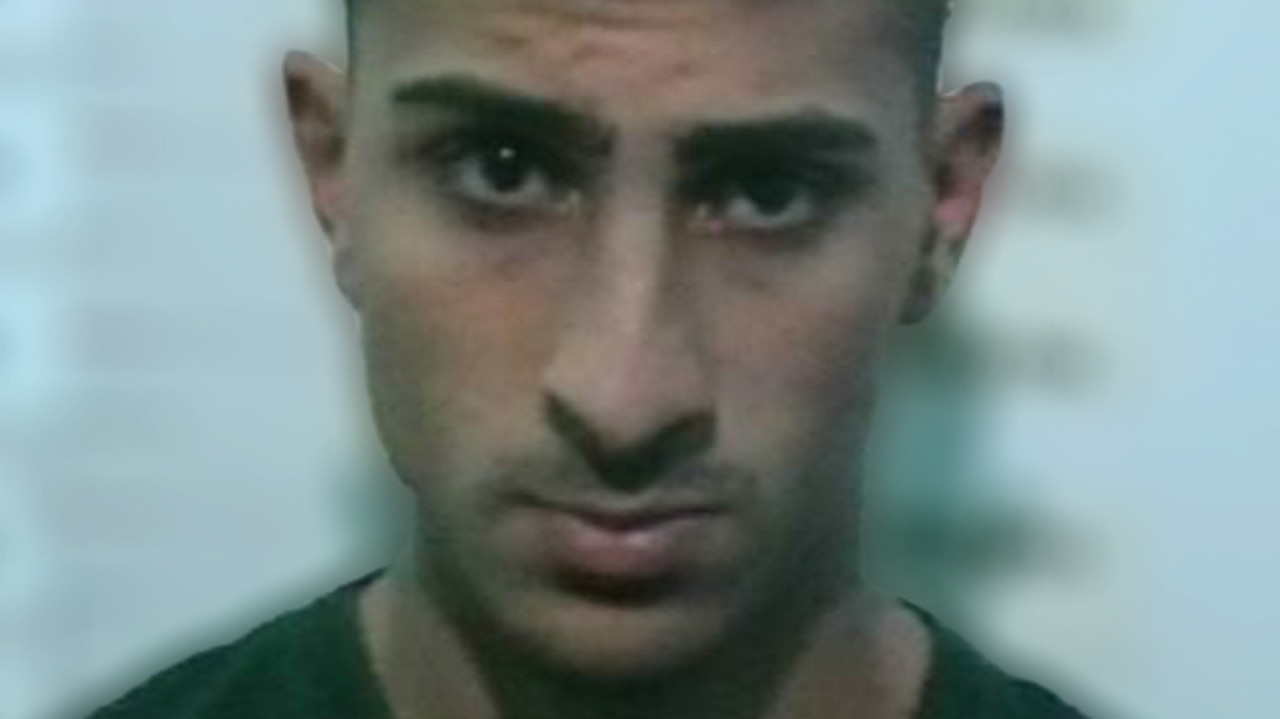Aussie ISIS bride: why I’ve refused to let my son return home
Australian ISIS bride vows never to return, fearing jail and refusing to raise son in non-Islamic country.
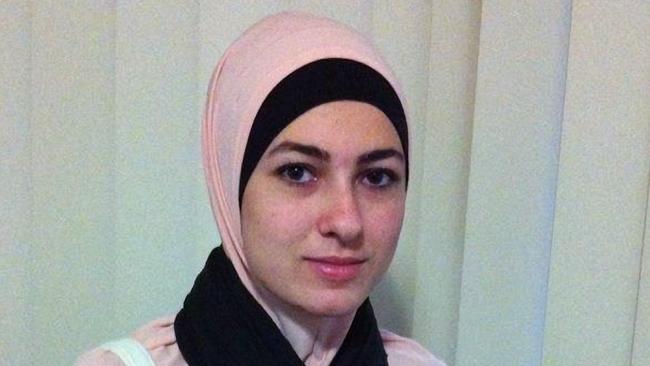
An Australian Islamic State bride with links to an alleged terrorist involved in an airline bombing plot has vowed never to return home as she does not want to go to jail or see her son grow up in a non-Islamic country where there are “naked women on the streets”.
Former nursing student Janai Safar, who left Australia with her cousin to travel to Islamic State in 2015, was yesterday tracked down by The Australian to the Kurdish-controlled Roj Camp in northern Syria.
Interviewed in the crowded refugee camp, the 24-year-old mother of one lashed out at the Australian government saying she would never go back to Australia as she feared being treated like a criminal, jailed for 10 years and having her child taken away.
“It was my decision to come here to go away from where women are naked on the street. I don’t want my son to be raised around that,’’ said Ms Safar, whose son, Uthman, is two.
“I didn’t train or kill anyone. I just sat at home, and they will put me in jail, they will take my child off me. Why? I’m a Muslim.
“I saw everything they (coalition forces) did and no one gets punished for that. They say I’m not supposed to be in Syria but they (the Australians) come to Syria with planes.”
She mentioned the New Zealand mosque massacre, saying the shooter would likely be returned to Australia and probably serve only three years, while she would have to serve a long sentence — an acknowledgment of the Australian government’s new law imposing a 10-year jail term for travel to a “designated area” or Islamic State territory.
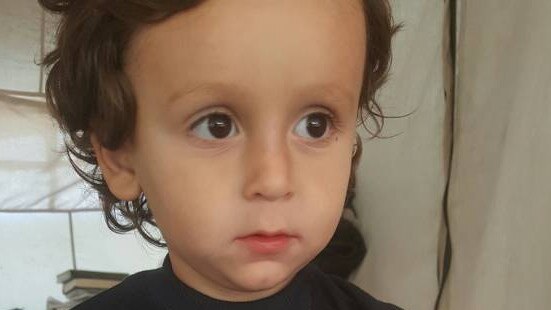
The former health science student told how she and her cousin had married Islamic State operatives while in Raqqa between 2015 and 2017.
She said her cousin, who she would only name as Aylam, had married an Islamic State commander who was wounded in an airstrike and lost his leg.
The description of this commander matches the profile of Tarek Khayat, a Lebanese citizen who is alleged to have been involved in a plot to bomb a flight from Australia.
Khayat was arrested in 2017 and sent to Baghdad where a local court sentenced him to death for his role in Islamic State operations.
During his Baghdad trial he was described as accountant for an Islamic State battalion in Raqqa.
He is also alleged to have instructed associates to try to bomb an international flight from Australia. Details of the plot cannot be revealed for legal reasons.
Ms Safar told how she and her cousin and the wounded commander had been intercepted after they left Islamic State when Raqqa came under attack in 2017.
“There was nowhere (in Raqqa) for the women. They told all the sisters to leave,’’ she said. “They started to starve.’’
Ms Safar said when they were caught by Kurdish authorities, she and the cousin were taken to the refugee camp, but the commander was taken to Baghdad where he faced the death sentence.
She says officials from Australia’s Department of Foreign Affairs and Trade had interviewed her last year wanting information about other Australians and the airline bombing plot.
“According to them they (the commander’s associates) wanted to blow up a plane in Australia … but as far as I know that’s not true,’’ she said.
Ms Safar revealed her cousin had been sent back to Islamic State last year as part of an exchange.
Asked for more details about the exchange she said she knew nothing and speculated that her cousin had likely been killed in the bombings of ISIS enclaves.
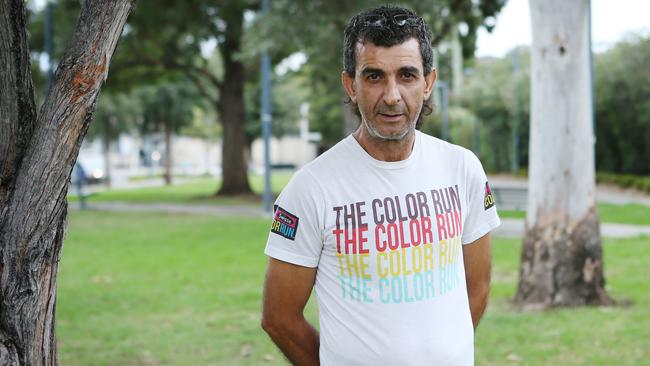
Late yesterday, The Australian tracked down Ms Safar’s father, Samer, who said he knew that his daughter was in a Syrian camp.
He described his daughter as a stubborn, yet kind-hearted girl who despite her words wanted to come home.
“I know my daughter,’’ the 55-year-old told The Australian. “She’s stubborn. She doesn’t want to show she’s fallen. But at the end of the day Australia is her country.’’
Mr Safar said his family’s ordeal began four years ago when Janai left for a holiday for Lebanon accompanied by her grandmother, cousin and aunt.
Ten days later the two girls disappeared, apparently for Turkey. From there they crossed over into Syria. For three months Mr Safar said he heard nothing.
Then, his daughter began making periodic contact.
Mr Safar, who describes himself as a “proud’’ Muslim who is appalled by the extremism and atrocities of ISIS, said he begged his daughter to come home. “If I got a feeling she was going to do that I wouldn’t have let her go,’’ he said.
“They’re crazy. A real Muslim doesn’t believe that. I’m a Muslim. I’m proud. They’re giving us a bad name.”
Mr Safar said he had split up with Janai’s mother when she was young. He said he speaks to her regularly from the camp in northern Syria, where she has been for over a year.
“I asked her a few times to come back. She said, ‘Dad, I’m here in jail. If I go back, I’m going to be in jail. What’s the difference?’’’
But Mr Safar said his daughter posed no threat to the community. He pleaded she be allowed to return home.
“She’s the best daughter in the world,’’ he said. “She doesn’t hurt no one, not even animals, not even with her words. She’s stubborn but kind-hearted.’’
Mr Safar said he did not know anything about the cousin that went overseas with his daughter.
His daughter is believed to be one of at least a dozen Australian Islamic State wives who have emerged out of the remnants of Islamic State’s crumbling enclaves — the last of which was eliminated in a blaze of gunfire and airstrikes at Baghouz over the weekend.
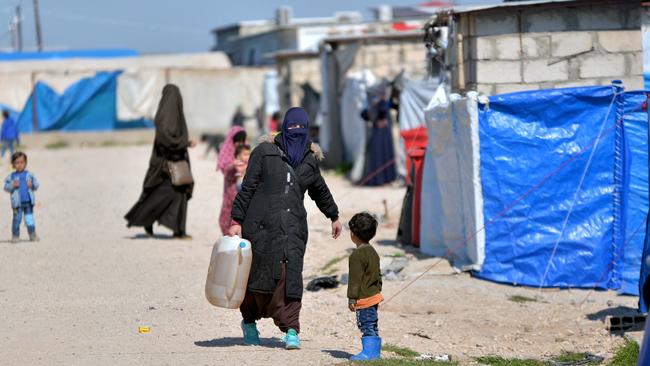
The presence of such women in the two Kurdish-controlled refugee camps, Roj and Al Hawl, poses a dilemma for the Australian government, which is under pressure from local authorities to take back its citizens.
While many of the male fighters have been sent to Iraq to face trial, the foreign women, some of whom have young children, remain in the refugee camps in some cases under poor conditions putting lives at risk.
Some of the women, such as British Islamic State wife Shamina Begum, have asked to go back to their home countries, but others, like Ms Safar, want no part of a return to their homeland.
Her journey from Sydney student to the wife of an Islamic State fighter started when she and her cousin began reading and watching pro-Islamic State material on the internet.
“I started to wear the hijab. My life was hard. My cousin, together we studied,’’ Ms Safar said.
In 2015 the pair left Australia without telling their families and travelled through Turkey and ended up in Islamic State’s de facto capital of Raqqa in Syria.
In Raqqa she says she married a Lebanese Australian but would not name him. “Why would you want to know that?’’ she said when asked for his name.
“I met my husband … and it was very good.
“He cared for me and he was very worried about being a good Muslim. He was very generous and kind to me.”
Ms Safar declined to say if her husband had played a major role in the fighting, only saying that he died in a car crash over a year ago.
“I don’t know. He never used to speak about these things,’’ she said.
She did confirm that her husband brought home guns but said: “Everyone had weapons.”
Living in Raqqa, Ms Safar said all she did was stay at home and look after her child.
She declined to provide further details of her life or her husband’s role.
“I don’t regret coming to Syria. I don’t regret living under Islamic State.
“I didn’t tell my husband I was leaving,’’ she said.
She declined to provide any information about other Australians who had been in Syria.
Asked about the missing children of notorious terrorist Khaled Sharrouf, who published photos of his young son holding the heads of beheaded soldiers, she said she knew of the Sharrouf family but had no idea of the children’s whereabouts.
“We didn’t stay close to them (in Raqqa),” she said.
Questioned about where she would like to go if not Australia she said she would like to live in an Islamic country.
“Somewhere like Idlib,’’ she said in a reference to the city in northwestern Syria.
“But they won’t let me.”
Additional reporting: Mark Schliebs

